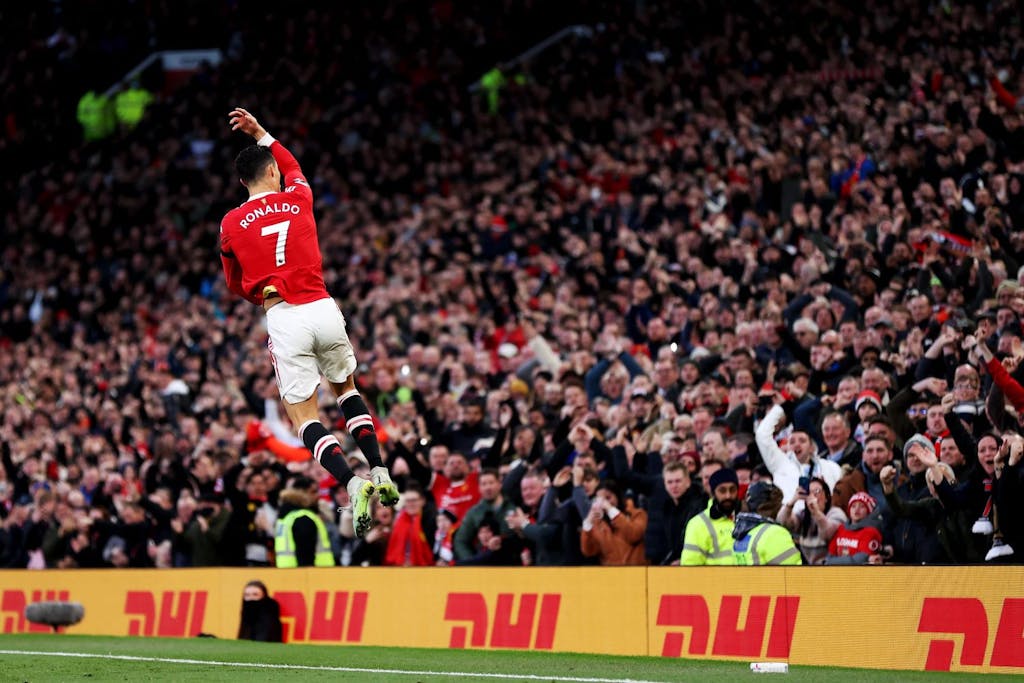Fresh from being named the Collins English Dictionary word of the year for 2021, ‘NFT’ (Non-Fungible Token) is the acronym on the lips of every C-level executive in sport.
From Australian Open tennis to the NFL Super Bowl and the Winter Olympics, this year’s big-ticket sporting events have featured the release of officially licensed NFTs as standard. Perhaps more tellingly, an increasing number of athletes, teams, leagues and promoters – even media platforms like DAZN and FloSports – have announced NFT partnerships.
But there is a danger that some sports organisations may be adopting a flawed approach borne of mistaken assumptions about NFTs as they drive to embrace the space as soon as possible.
Need for fan engagement
According to Tim Mangnall, chief executive of Capital Sports Media, one of the basic errors being made by sports organisations is to view NFTs purely through the prism of immediate bottom-line financial returns, rather than as a vehicle for fan engagement.
Capital Block, a division of Capital Sports Media, advises sports clubs and other entities worldwide on their NFT strategies, and is riding the wave of interest in NFTs.
“NFTs have the potential to completely transform fan engagement for sports clubs,” Mangnall says.
“If you are speaking with your fan base and trying to sell them something, there needs to be a benefit for them. The fan needs to be brought into the conversation through an element of fan engagement, and if you don’t do that, you are then just treating supporters like customers, which is the worst thing you can do.
“The danger is that when a club agrees a deal with a third-party platform that focuses on the short term – perhaps in exchange for a lump sum – then they may be losing long-term insights into the customer journey. They are basically handing over their IP, and then the engagement element is lost as the fan will be taken out of their digital platforms.
“We are advising clubs that a better option for them is to find a good blockchain partner with a white-label marketplace that can keep the NFT journey within your platform. The engagement will be higher, you will have a lot more control, and the revenue will come over time.”

The right partner
Finding the right blockchain partner, though, is not easy. The NFT space is crowded with marketplaces and providers, many of whom have only appeared in recent months. Identifying a partner with shared values can be like finding a needle in a haystack for time-poor marketing and commercial executives.
“Clubs are being approached on a daily basis by NFT providers, and they often don’t know what they are really looking for or the right questions to ask,” Mangnall adds. “For example, if a sports club is pushing to be environmentally friendly, a deal to launch NFTs on the Ethereum blockchain – which is bad for the environment – is an obvious non-starter.
“However, there are many other factors to take into consideration. Clubs will want to engage positively with fans, so the ease of the user journey will be essential. Some platforms require the user to open a ‘metamask’ wallet that will hold your cryptocurrency on the blockchain. That approach is simply too complicated to work with the average football fan.
“You want to have a platform that is accessible to the majority of football fans. It is really about compatibility, what the club is trying to achieve, and the best platform for those goals.”
Long-term consequences
Focusing on short-term gain over long-term consequences for fans is a “real problem” for some clubs, Mangnall says.
“Wanting to dip your toe in this space is fine, but clubs should do so after getting advice from experts who know about NFTs – or at least they should carry out plenty of research into the companies and platforms they are considering as partners,” he adds. “The space is still so young. Only six million people worldwide have bought an NFT so far, so it is understandable if clubs do not know where to turn.”
Mangnall singles out some platforms – like Sweet, Dapper Labs and Candy Digital – which are working collaboratively with sports rights-holders to provide impressive engagement through quality NFT projects.
But he adds that sports organisations need to ensure their own NFT offerings have ‘utility’ – a real-life use case, on top of the enjoyment of viewing the digital asset – so that fans are truly engaged. For example, NFTs can be bundled with other benefits, such as exclusive access to players or VIP events, or they can provide discounts on club merchandise, or offer access to interactive or gamification experiences.
A club whose NFT roadmap stretches over years rather than months can educate fans to ensure they are on board for the journey and engage them in a narrative that can build sustainable interest.

This piece was produced in partnership with Capital Block, the NFT advisory division of the Capital Sports Media agency. To find our more about the company’s services, click here.